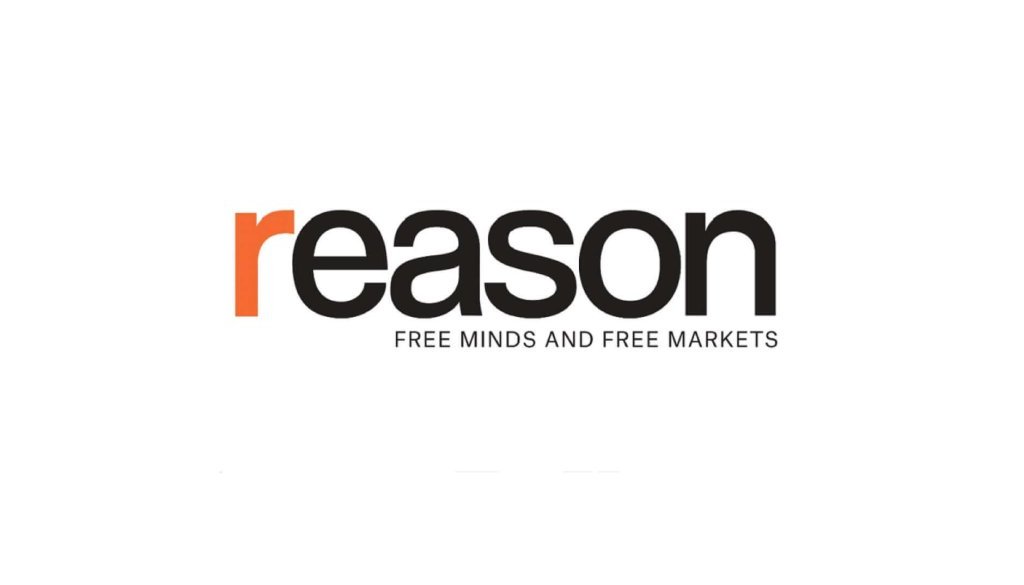California Voters Opt for Orderly Urbanism on Election Day
Happy Tuesday, and welcome to another edition of Rent Free. This week’s stories include a few follow-ups on lawsuits and elections the newsletter’s been tracking. That includes:
- A settlement that’s been reached in a lawsuit challenging Healdsburg, California’s inclusionary zoning fees.
- A preliminary win for a Kalispell, Montana, homeless shelter in their legal fight against a city government that’s trying to shut them down.
- A loss for missing middle reforms at the ballot box in the small town of Harbor Springs, Michigan.
But first, our lead story looks at California voters’ resounding rejection of the big city progressive approach to housing, crime, and public disorder.
California Votes for Orderly Urbanism
The 2024 presidential election saw the country shift right. Donald Trump improved on his 2016 and 2020 performances almost everywhere. That rightward shift was most pronounced in urban areas with the highest cost of living.
This is interesting…
The highest cost of living urban areas shifted the most toward Trump.
(h/t to @BenGlasner & @CardiffGarcia for identifying this trend first). pic.twitter.com/XZXr9sNDNZ
— Heather Long (@byHeatherLong) November 10, 2024
Commenters, particularly conservative commenters, are already interpreting this as a referendum on the dismal results of big city liberal governments on basic issues of crime and affordability.
That result can be overinterpreted. Big cities are still overwhelming Democratic. Trump’s low baseline of support in these places makes his absolute gains more pronounced when measured as a percentage improvement on past performance.
At the same time, urban America’s rightward shift can also be underinterpreted if we just look at the presidential race. Where voters were able to vote specifically on progressive approaches to urban government, the election looks like even more of a red wave.
That’s certainly the story in California.
There, voters were asked to decide two ballot initiatives: one on whether to eliminate state guardrails on rent control; the other to roll back a previous initiative that lowered sentences for theft and drug offenses.
The first failed spectacularly. The second succeeded by an even larger margin.
Call it a win for orderly urbanism. Voters are sick of progressive solutions on housing and crime and opted for something different.
The question is whether last week’s election results will actually lead to safer, more affordable, more livable cities.
A Crushing Defeat for Rent Control
The biggest housing issue on the California ballot was rent control. Proposition 33 would have repealed all state-level limits on local rent control policies, thus giving cities and counties a free hand to regulate rents however they pleased.
The measure went down in flames on Election Day, with roughly 60 percent of voters casting a “no” ballot.
That result is good news for the availability of rental housing in California, given rent control’s well-documented history of reducing rental housing supply and quality.
It is nevertheless a somewhat surprising result. California has a much higher proportion of renters than most other states and polls consistently find that rent control is supported by a wide majority of respondents. Dozens of cities already have rent control policies on the books.
The delta between generic support for rent control and support for Prop. 33 is particularly stark in some cities. One late October poll of Los Angeles County voters found that 79 percent of them back rent control. But on Election Day, only 44 percent of L.A. voters supported Prop. 33.
Russell Lowery, the executive director of the California Rental Housing Association (one of the many property owner groups opposed to Prop. 33), credits the measure’s resounding defeat to well-targeted messaging that downplayed the typical free market arguments against rent control.
“The property rights argument that property owners wanted to have is a losing one. If it’s property rights versus rent control, we lose,” he tells Reason.
Instead, Lowery says the ‘No’ campaign spent a lot of time and resources targeting varied groups with messages about how rent control would make California’s universally acknowledged housing crisis worse for them or their families.
Senior homeowners heard that rent control would dry up rental housing opportunities for their children. Current renters heard that it would reduce new construction, and lock them into their current unit.
Still, even the most effective campaign is going to have a hard time flipping 60–40 support for rent control into a 40–60 ballot box loss for rent control.
The polarizing nature of Prop. 33’s sponsor and main financial backer—the AIDS Healthcare Foundation (AHF)—likely didn’t help the “yes” cause either.
The operator of discount pharmacies for AIDS patients and its president Michael Weinstein have backed any number of controversial causes over the years—from opposing medication that prevents HIV infections and requiring condoms in porn to fighting market-rate housing construction in Los Angeles.
AHF has also reportedly burned a lot of bridges with elected officials by constantly taking rent control to the ballot instead of negotiating compromise legislation with property owners.
The whirl of controversy around AHF likely did little to turn off voters directly. (Prop. 34, a landlord-backed initiative that would prevent the organization from spending money it earns from its pharmacies on political advocacy, is still too close to call.)
AHF’s controversial nature plausibly discouraged elected officials and advocacy groups favoring rent control from campaigning for Prop. 33. That would also lower support for the measure.
A Resounding Win for Crime Control
As impressive as rent control’s defeat was last Tuesday, it pales in comparison to the success of California’s tough-on-crime measure.
Prop. 36 asked California voters if they wanted to increase legal penalties for certain drug and theft crimes. With roughly 70 percent of
Article from Latest

The Reason Magazine website is a go-to destination for libertarians seeking cogent analysis, investigative reporting, and thought-provoking commentary. Championing the principles of individual freedom, limited government, and free markets, the site offers a diverse range of articles, videos, and podcasts that challenge conventional wisdom and advocate for libertarian solutions. Whether you’re interested in politics, culture, or technology, Reason provides a unique lens that prioritizes liberty and rational discourse. It’s an essential resource for those who value critical thinking and nuanced debate in the pursuit of a freer society.




